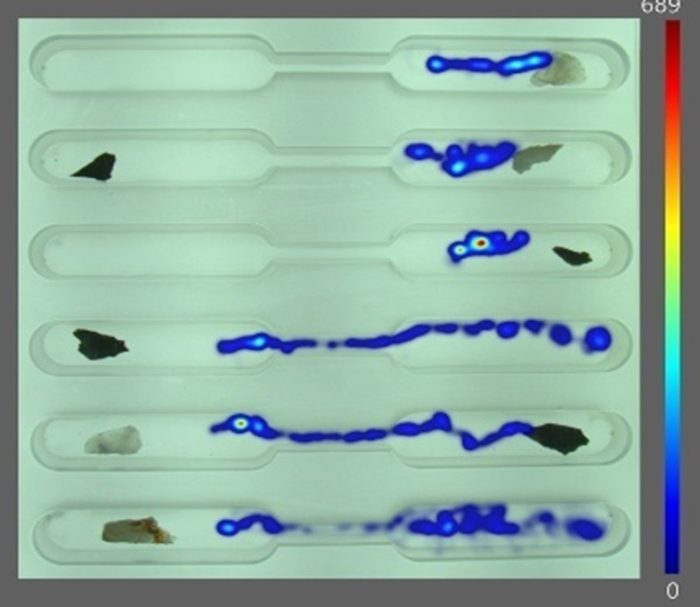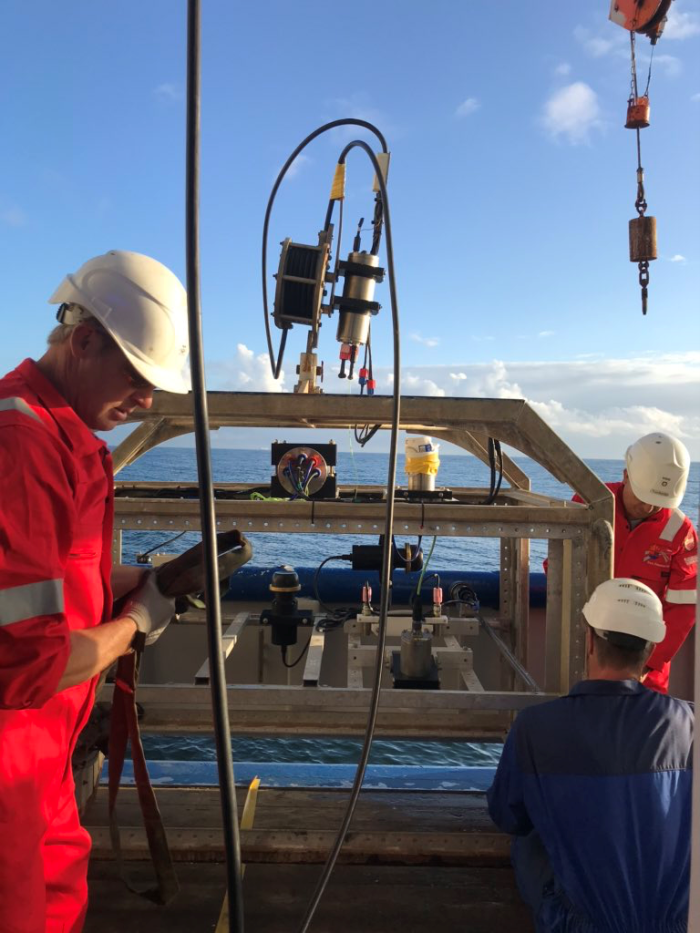North Sea ReViFES
North Sea Reef Vitalization For Ecosystem Services
Biogenic reefs – complex structures formed by living organisms such as e.g. oysters, mussels, tubeworms and corals – and geogenic reefs are vital components of marine systems worldwide, and often provide important ecosystem services. Yet despite their importance, marine reefs have been rapidly degrading due to human impact over the last centuries. For example, oyster reefs having lost a staggering 85% worldwide. The Dutch North Sea is exemplarily as this system lost over 25,000km2 in oyster-dominated reefs primarily due to overharvesting and recurrent bottom disturbance by trawling around 1900. Although these reef losses likely seriously impacted the North Sea ecosystem, it remains unknown how this loss has affected ecosystem functioning, ecosystem services (e.g., biodiversity and fisheries enhancement), and how these reefs can be restored.
Construction of offshore wind farms (OWF’s) and creation of marine protected areas (MPA’s) offer exciting restoration opportunities. Realization of reef restoration, however, is hampered by knowledge gaps on how to restore reefs offshore. The scientific research in this project aims to both cover knowledge gaps on ecosystem-services provided by reefs and develop novel techniques for offshore reef restoration. North Sea ReViFES is a TTW funded NWO project (17671) and has a diverse group of end-users interacting in the project.
The project consists of four main topics, focusing on knowledge gaps and techniques for offshore reef recovery
- Ecosystem services of natural reefs
- Native oyster rearing and settlement improvement
- Native oyster reef inducement
- Knowledge transfer for large scale applications and solutions

Project lead: NIOZ, Royal Netherlands Institute for Sea Research, Prof. Dr. Tjeerd Bouma
Project partners (research): Waardenburg Ecology, Delft University of Technology, Wageningen University & Research (WUR).
Other involved parties (end-users): ARK, CIV, Ministerie van LNV, Natuur & Milieu, Roem van Yerseke, Sas Consultancy, Stichting de Noordzee, Van Oord, Waardenburg Ecology, WWF.
Runtime: 4 years, starting 2020.
Role and relevance
The Rich North Sea’s mother foundations (The North Sea Foundation – Natuur & Milieu) are involved as end-user in this project. The results - published in scientific journals- as well as the guideline document will be providing cutting-edge knowledge on nature-inclusive designs, thereby enabling cost-effective reef restoration methods. This can be translated to The Rich North Sea Toolbox.
Larval behaviour of native oysters is studied in detail to find out which type of substrate is preferred for settlement. ©Robbert-Jan Geertsma

Investigating North sea reefs with a camera system ©Marjolijn Christianen

